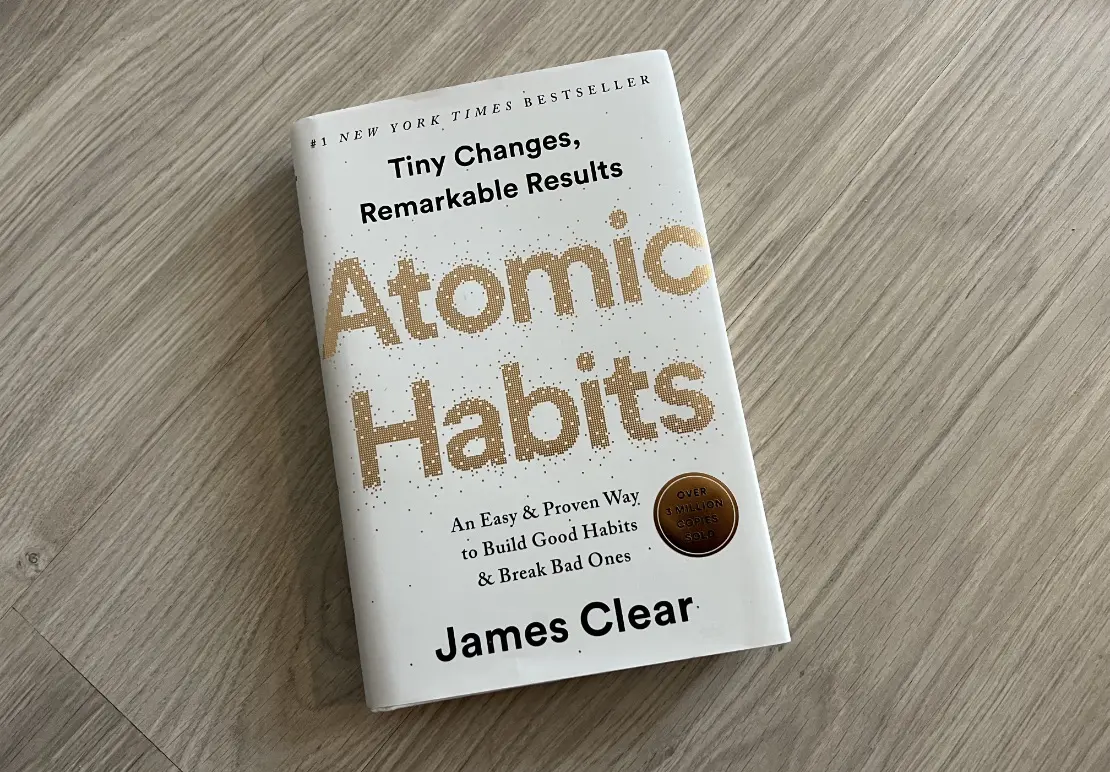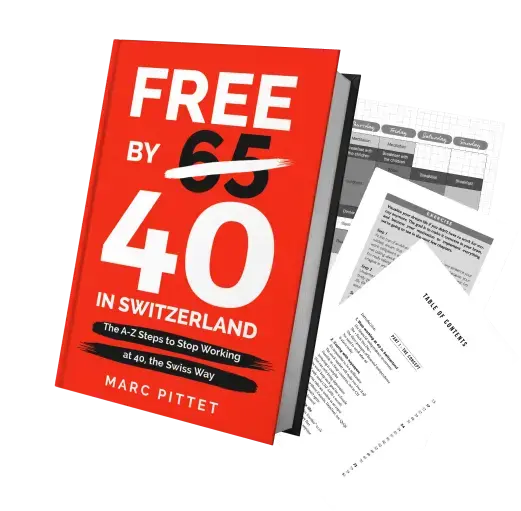I was stuck on my couch, and felt like I had eaten a tremendous meal that I had to digest mindfully in order to remember all its scrumptious ingredients. I remained in this enlightment state for more than half an hour.
I had just finished to watch Minimalism: A Documentary About the Important Things. And this setting would repeat twenty more times with all the bonuses. I never watched a bonus previously. This time, I craved for it as the wisdom shared was so impactful.
What is Minimalism?
Before we move on with my usual “Action points” review style, I would like to recall what’s “Minimalism” for the new readers that may have never encountered this term before:
Minimalism (or simple living) is the practice of simplifying one’s lifestyle by reducing one’s possessions, by being satisfied with what they have rather than want. People follow this lifestyle principle due to different purpose such as spirituality, health, increase in quality time for family and friends, work–life balance, personal taste, frugality, or reducing stress.
A life-changing documentary
This film impacted my life in seven concrete ways. I hope you get inspired to watch it, as it will bring so much value to your life too.
#1 — I discovered the driving question to a meaningful life
If there is only one thing to remember from this movie, it is a question. One that you can ask in many situations, such as to declutter your home, to keep your relationships sane, or to live a purposeful existence. A question to drive your life.
It automatically recenters your focus on what matters. To you, and to the rest of the world.
“Does this add value?” is the question.
Does this new shirt bring value into my life? Does this new car add value to my life? Does this person add value to my life? Does this sentence add value to the conversation? Does my action add value to my company? Does this blogpost add value to my readers?
It’s a great way to live and have a positive impact on your realm. And the best part is that this way of living is like a boomerang: all the goodness shared comes back. The stronger you add value, the more it multiplies when it returns.
Try it and let me know its effects on your life. It changed mine.
#2 — I started to medidate, every day
I identified myself with what Dan Harris (a TV journalist on the US channel ABC News) experimented: a stressful life and a never-stopping brain always craving for more. More challenges to face, more problems to solve, more to-do list items to check off. As he explained, one thing helped him to calm his mind, and feel more happy, more content. Day after day, he could step back more easily and avoid to get caught by the rush of the daily business.
This magical remedy was meditation.
The morning after watching the bonus, I re-downloaded the Calm app that I discovered some months ago, but didn’t stick to at the times. Since last December, it’s one of the apps I use daily, first thing in the morning.
It has improved my life tremendously and allowed me to feel better, more zen, and more calm. At home and at work. It helps me to step back from the rush, and live more mindfully. I can’t help but to recommend that you try it for thirty days to make it a habit.
#3 — I took the leap to translate this blog in French
Jesse Jacobs is an US entrepreneur in the tea world. He shared an efficient way of using an old Stoic art called negative visualization to bypass fear when it prevents you to take action on anything into your life.
It helped me to unblock my project to have this MP blog translated into French.
Following this method, I asked myself what worse thing could happen if I’d translate the blog? That I fail miserably due to lack of time, and have to throw away weeks of hard work as well as disappoint my Romandie readers. Well, I could still survive it and treat it as a learning experience.
What less worse could happen? That I get recognized by family and relatives, which could lead to jealousy and tensions due to our aim to become millionaire in our thirties. That stressed me quite a lot. But facing it made me think about solutions instead of focusing on the fears themselves.
What a bit less worse could happen? That I get to help an additional 1.5+ million of Romandy people struggling with their money. That wouldn’t be so bad!
And so on and so forth, until I realized that the “Monsters of the Unknown” in the closet could be overcome, and that the benefits could be tremendous compared to the hypothetical side effects (that may actually never happen.)
#4 — I accept more easily differences with my wife regarding Mustachianism
Compromises are part of any lifestyle design, be it Minimalism or Mustachianism. For everyone. For Leo Babauta at zen habits, for Ryan from The Minimalists, or for Joshua at Becoming Minimalist: they all would like their partners or family to follow faster their will to be less cluttered, or be more mindful about consumption.
And it’s the same for the MP household, I still would like us to save a bigger chunk of our incomes.
Having such references who expressed their struggle helped me to feel less alone in this situation, and to understand and accept that each and everyone has its own view of the world, of the clutter, of the personal finance. And that it’s OK.
If you happen to struggle too, remember this: it takes time to onboard your family or partner on such topics, and it won’t happen overnight. Compromises are key to your lifestyle design changes if you want them to work on the long run, and if you want to keep your relationships sane. Even if it means to apply it for yourself at first, and let pollenization work for you.
#5 — I experienced more happiness when I brought more authenticity in my acts and conversations
When you fake to be someone else, or are hiding some part of you, people will feel a lack of deep connection. Try for instance to engage the conversation with someone by talking about the weather, and repeat the experiment by talking about financial independance. The difference in tone and in connection will be huge. People connect more deeply when you’re genuine. And as we (humans) are wired, deep and honnest connections are one of the source to reach the much desired true happiness.
I started to behave and communicate more genuinely with people (even with clients). Nothing complex, I simply talk about what intrinsically drives me, and the connections deepen automatically. This new way of living makes me a lot more happy.
#6 — I understood why being grateful and content isn’t natural, and why you’ve to practice it
I learnt that the human kind is scientifically wired to crave for more. The explanation comes from million of years ago when our species was threatened, and that they couldn’t just rest on their laurels and feel content as some concurrent species would aim for more power and domination on the food chain. At that time, craving for more was key for species to stay alive.
Nowadays, we have the luxury to be safe and have enough of everything. But we have to be mindful about it in order to not feel discontent for the rest of our life. Being grateful is one of the good remedy to fight against this natural behaviour.
#7 — I started to drink tea
That last one is funny. The next morning after I watched Jesse Jacobs’ interview, I started to drink tea (I couldn’t drink such beverages beforehand as I felt they weren’t tasting anything except water…)
Jesse explained how coffee was often a way to cover people’s discontentment (sleep, work they don’t really enjoy), while tea was used since more than one millenium to connect with nature, with your body, as well as with other people. He said that you tend to take a tea in a more mindful and slower manner than you would with coffee. I already noticed this phenomenon with my colleagues and relatives: the ones who drinked tea were always the more zen people.
The way Jesse expressed that made me wish to experience this feeling too.
I’m sure there are people who researched the topic and explained this way better than me; but the fact is, drinking tea channels my energy where I want to direct it (while coffee is still useful when I need a shoot of boost.)
An incredible investment
These 7 actions are only the peak of the iceberg. The 438 minutes you will spend watching the documentary and its bonuses are one of the best investment for your brain. The resulting mindset shifts will have repercussions on your entire life, including your path towards financial independence. It is one of the best food for thought when you look for more happiness into your life (while stashing even more cash as a side effect!)
Do you have a documentary name you think I should absolutely watch?




